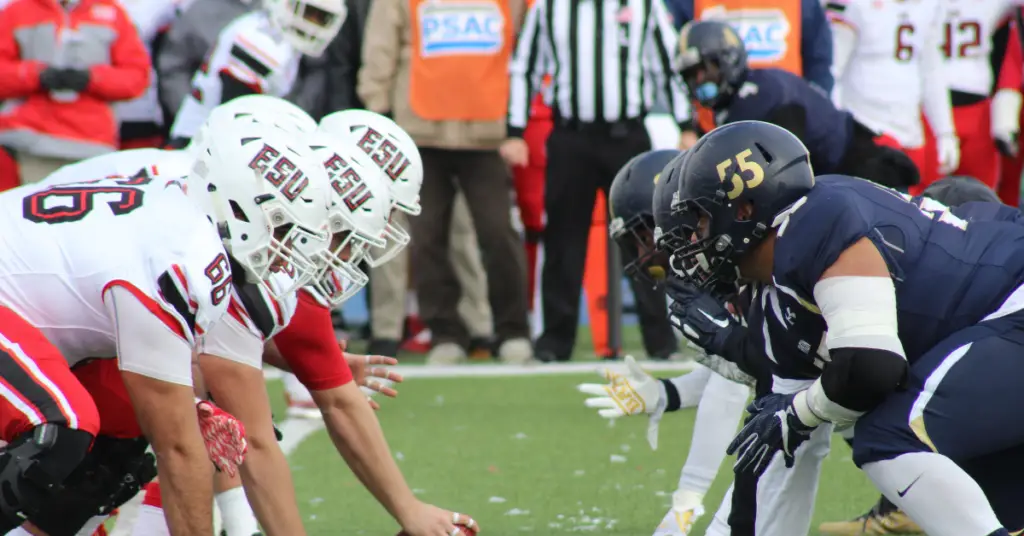Yes, quarterbacks play defense too. In the NFL, quarterbacks are the stars of the show. They are the players that fans pay to see. They make all of the headlines and are often glorified for their work on the offensive side of the ball.
Table of Contents
Quarterbacks can be pretty successful in the NFL by focusing solely on their offensive responsibilities.
Many people define success as quarterbacks in the NFL, but a quarterback can achieve a different type of success. Pundits define success for quarterbacks by how well they play when they are not on offense
The quarterback is part of the team and should lead as a team player.
Today’s game of football is a very fluid one. The quarterback must be aware of the game at all times and know how to defend his teammates.
Quarterbacks not only should know how to defend their team from an offensive standpoint, but they also should know how to do so from a defensive standpoint as well.
This is where leadership comes into play. A quarterback must communicate with his teammates and relay information about the opposing team’s strengths and weaknesses — good news or bad news — to his team members. He also must have knowledge of the field, its players’ positions, and their strengths and weaknesses.
Quarterbacks have a responsibility to their team to know what’s going on at all times during the game.
This doesn’t mean you have to call plays or even be on the field for every play, but you need to be aware of what plays are being run and where your teammates are positioned on the field at all times during the game.
No more interceptions than touchdowns that they score
While playing on defense, if a quarterback throws too many interceptions, he can cost his team the game by giving too much of an advantage to the opposing team.
He can cause costly fumbles that result in lost possessions or scores and give away free yardage with incomplete passes.
When a quarterback is on offense, and the other team throws an interception or fumble, he can pick that ball up and use it for his own team.
When the quarterback is on defense, he can use that same knowledge of where the receivers are going and what routes they are running to defend against them by either intercepting their passes or poking away their balls.
Quarterbacks have many things that they need to work on during practice, even when their team is scrimmaging.
They need to learn new plays and different throwing methods to test out additional passes to become better overall players. Quarterbacks need to know how they can be helpful while playing on both offense and defense to contribute when needed.
Keep the average yards less than the ones they have gained in the offense
Both offense and defense have a set of rules they must follow, but only one side gets to throw the ball around the field.
That means you have already scored when you are on defense because you are on your own side of the field. If you can regain possession of the ball, it’s still your side of the field.
You could even score again if you don’t fumble it away or if your opponent doesn’t recover it. So, how do you keep the average yards allowed less than the ones gained in the offense?
The best way is to make sure that every time you run a play, whether it be passing or running, you gain more yards than they do. If they earn more yards than you do, then they will also be gaining more yards per play than you are.
Are they just glorified, placekickers?
Not at all. Quarterbacks are now considered to be more valuable than ever before. In 2011, a record 11 quarterbacks took their teams to the playoffs, and eight played for conference championship teams that advanced to the Super Bowl.
Their importance has expanded with NFL rules and changes designed to enhance offensive production. In addition, their accuracy and athleticism have improved, making them better able to carry their teams through downswings in play or injury.
The emergence of “wildcat” formations has made running backs less important; an offense’s best player can take a snap out of a shotgun formation and run with it as if he had just been handed a ball on a sweep.
The slot receiver has become an essential part of every team’s passing game (think Wes Welker), while tight ends are often listed ahead of halfbacks
Takeaway: Yes, while they are doing their job on offense, they should know how to defend their teammates.

